Mechanical engineers play an important role in the automotive, aerospace, biotechnology, computer and electronics, automation, and manufacturing industries. They design, develop, build, and test all sorts of mechanical devices, tools, engines and machines.
Mechanical engineers are able to design and manufacture everything from small parts like miniature connectors, to large machine tools like drill presses. They take a product from start to finish, and design for aesthetics, functionality, and durability.
Examples of products that mechanical engineers can design and develop are: transmissions; engine parts; aircraft engines; control systems; prosthetic devices; disk drives; printers; semiconductor tools; sensors; gas turbines; wind turbines; fuel cells; compressors; robots; and machine tools.
What does a Mechanical Engineer do?
Mechanical engineering is seen in areas such as composites, mechatronics, and nanotechnology, and often overlaps with manufacturing engineering, metallurgical engineering, civil engineering, aerospace engineering, electrical engineering, chemical engineering, industrial engineering, and other engineering disciplines to varying amounts.
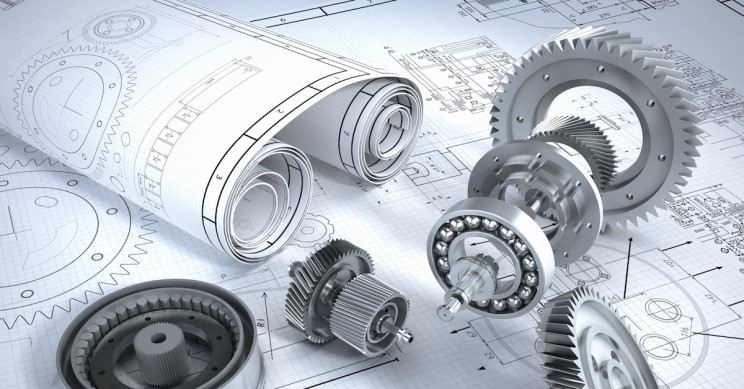
In order to design and manufacture mechanical systems, mechanical engineers need to have a deep understanding of mechanics, dynamics, thermodynamics, electricity, and structural analysis. They also need to be able to use computers, CAD (computer-aided design), and CAM (computer-aided manufacturing) to produce and analyze their designs, as well as to monitor the quality of products.
In today’s world, computers have changed how mechanical engineers do their job, allowing complex analyses to be completed in a matter of seconds versus the days or weeks of hand calculations that were once the norm. However, mechanical engineers will still use industrial production equipment, material-handling systems, and electric generators to produce a fully refined product, and using calculus and trigonometry is needed when confronted with the more complex and analytical portions of the occupation.
Mechanical engineers typically do the following:
– Analyze problems to see how a mechanical device might help solve the problem
– Design or redesign mechanical devices, creating blueprints so the device can be built
– Develop a prototype of the device and test the prototype
– Analyze the test results and change the design as needed
– Oversee the manufacturing process
Mechanical engineers use many types of tools, engines, and machines, such as:
– Electric generators, internal combustion engines, and steam and gas turbines
– Power-using machines, such as refrigeration and air-conditioning
– Industrial production equipment, including robots used in manufacturing
– Other machines inside buildings, such as elevators and escalators
– Machine tools and tools for other engineers
– Material-handling systems
What is the workplace of a Mechanical Engineer like?
Depending on what field of work you go into will depend on what your job will be like. Mechanical engineering is a broad career that deals with mechanical issues, and engineers typically work with mechanical physics, vibrations, forces, rotation, and velocity on a daily basis.
Mechanical engineers can find employment virtually anywhere where innovation takes place, and are sought out by employers within a variety of industries, such as: aerospace, automotive, chemical, construction, defence, electronics, consumer goods, marine, materials and metals, pharmaceuticals, rail, and utilities.
Mechanical engineers can also work in non-engineering types of jobs, both within and outside of the engineering industry. These can be in areas such as: finance, management, law, the military, government, medicine, research, technical sales, technical consulting, technical publishing/science journalism, and teaching.
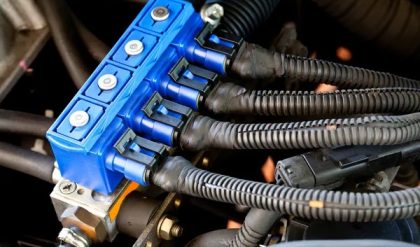

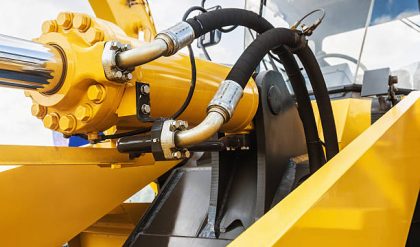
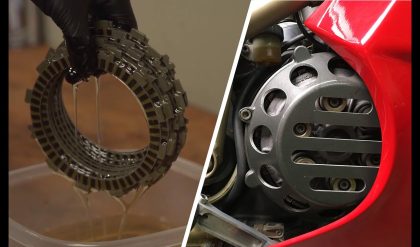

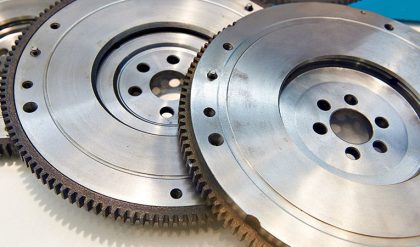
Comments are closed.